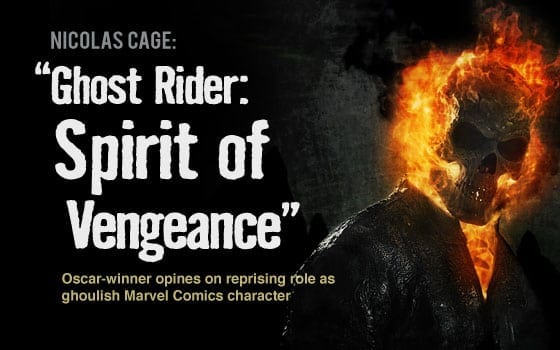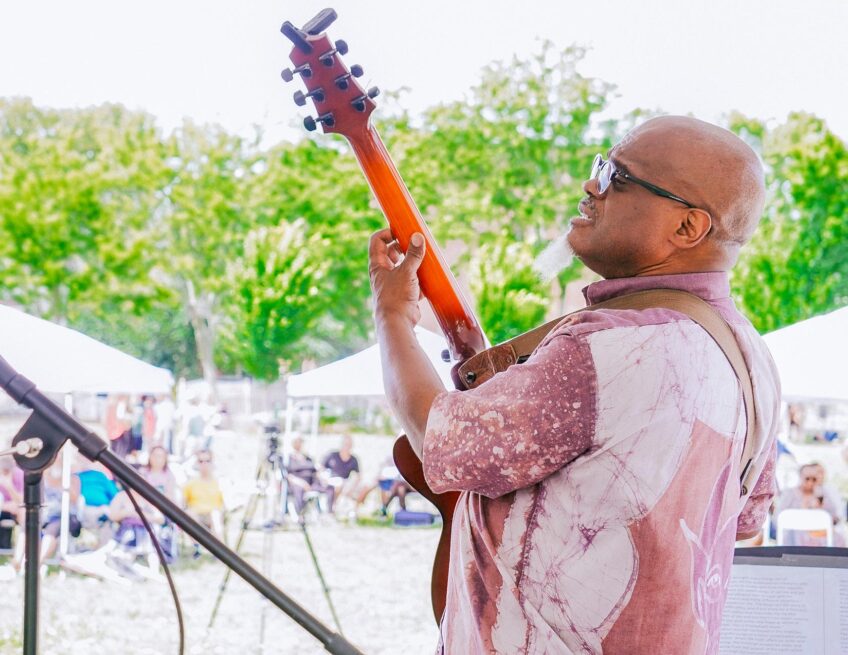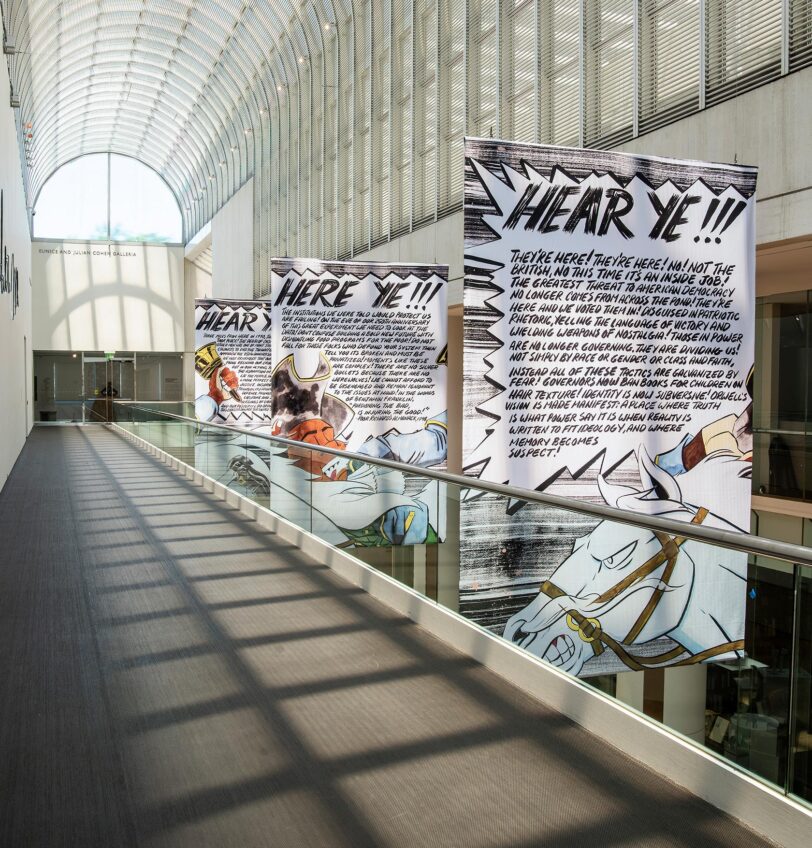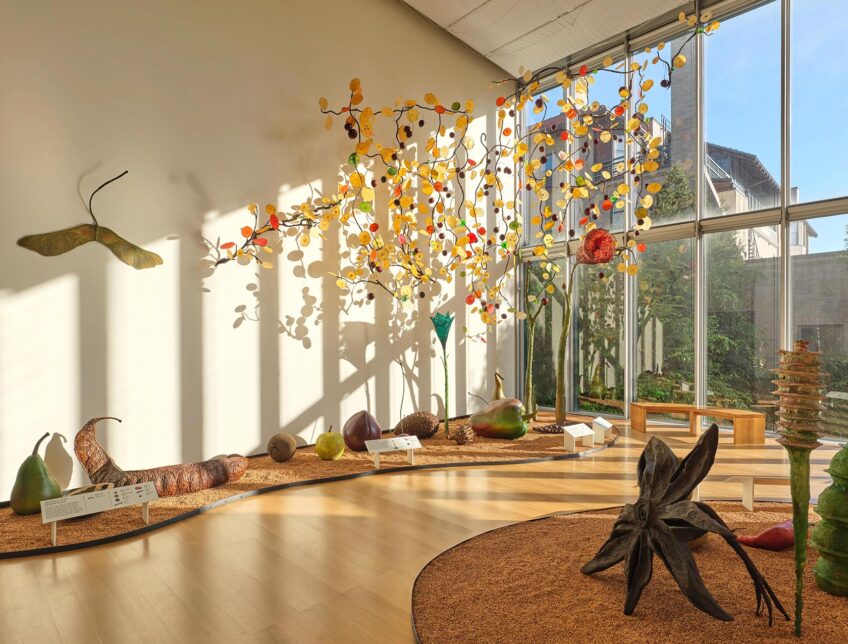
Academy Award-winner Nicolas Cage won his Oscar for “Leaving Las Vegas” in 1996, before going on to deliver memorable performances in movies like “Con Air,” “The Rock,” “World Trade Center,” “Knowing” and “The Bad Lieutenant.”
The versatile thespian has also enjoyed impressive outings in “Moonstruck,” “The Cotton Club,” and “Fast Times at Ridgemont High.”
Here, he talks about reprising the title role of the Ghost Rider, aka Johnny Blaze, in “Ghost Rider: Spirit of Vengeance,” the sequel to the original adaptation of the Marvel Comics series about a motorcycle stuntman who sells his soul to the devil in order to transform into a superhuman vigilante.
What interested you in reprising the role of Ghost Rider?
First of all, these two guys, [co-directors] Mark Neveldine and Brian Taylor, were very adamant that we overhaul the entire experience, and that this “Ghost Rider: Spirit of Vengeance,” be a separate entity in its own right, a much more terrifying interpretation.
I wanted the character to be like a bad dream, something you don’t fully understand that hopefully will excite you and terrify you at the same time.
How was making the sequel different? Did you feel any pressure to up the ante?
There’s always a pressure to excel in some way, to go above and beyond, to have the sequel provide something that’s new. The way that I was able to participate in that process here is that I was actually allowed to play both Johnny Blaze and Ghost Rider.
I didn’t play Ghost Rider in the first movie. That was a stuntman. In this film, Ghost Rider feels much more alive because I did put some thought into how he should walk and into how he should move.
I was so into the character, in fact, that I would paint my face with white and black makeup to look like a skull. I put on blacked-out contact lenses, so I almost looked like an Afro-New Orleanian voodoo icon by the name of Baron Samedi.
Oh man, I would walk around the set without saying a word to anybody, and I could see the fear in my co-stars’ and co-directors’ eyes. That fear was like oxygen to a forest fire to the point where I really believed this spiritual force.
What’s it like to play a comic book character?
It opens my imagination to an infinite number of possibilities, and then I kind of have to locate the ones that I think are going to be the most exciting to watch onscreen.
When you’re playing a spirit from another dimension, you really can do anything and get as abstract as you want and still have a context that will work within the movie. I wanted Ghost Rider to move in a way where it would be like a bad dream.
I thought about cobra snakes, and the way that they will show you their backs and sway in a rhythmic motion and almost lull you to sleep before suddenly attacking. Well, I put that into the movie. And I decided to move my head in the jerky way a praying mantis does.
So, I did all these things to give the movie a feeling of otherness. I was very thrilled that the directors were open to utilizing my imagination in that fashion.
What do you think of its 3-D effects?
I haven’t seen it yet in 3-D, but I have no doubt that it’ll be exciting because this character really lends himself to that format. The idea of motorcycles, hellfire chains and spitting bullets going into the audience just rocks!
If you have the opportunity to play a historical figure, who would you like to portray?
I’m not really interested in playing famous people. I prefer to create characters. And I hope I have an exciting enough life that somebody might make a movie about that one day. I don’t want to make movies about other people.
I was once approached about playing Salvador Dali, which I thought would’ve been fun until I found out that he was proud of kicking a blind man across the street. So, I decided, I didn’t want to play that guy.
There was also talk about me possibly playing Liberace, but I heard that Michael Douglas might be interested in the role, and I don’t want to get in his way at all. So, I think I’ll just keep it the way it is.
What advice would you give yourself regarding the movie business, if you could go back in time and speak to the teenaged Nicolas Cage about to make his first film?
I would say, ‘Be more careful with your finances, and try to not let them get in the way.’
Are there goals you still want to attain?
Yeah, I want to continue in the direction I’m already headed by mixing the independent, dramatic work with an increasingly abstract style of acting that I can explore in horror or sci-fi films. I just want to keep going there, and hopefully one day even write a script.
What gives you the greatest joy?
Children smiling and laughing.
Did you ever consider writing your own material and or/directing yourself?
I did have a small role in a movie I directed called “Sonny.” I played a gay pimp named Acid Yellow in that movie. And yes, I plan to explore writing, but more likely in a novel format.
How did your first, big heartbreak impact who you are as a person?
Well, because I’m a romantic, I tend to take things pretty hard, and I’m sure the emotion of my first big heartbreak had much to do with the energy that I put into my performances. So, it fueled my work.
What excites you?
What excites me is making a positive connection with an audience where I create something and the public enjoys it and rolls with it.
What was the best business decision you ever made?
My best business decision was probably doing “Leaving Las Vegas,” although that was more of a creative expression than a business decision. I think my best business choices have come as a result of collaborating with Jerry Bruckheimer because he always has his finger on the pulse of what the audience seems to want.
What key quality do you believe all successful people share?
I believe there’s an infinite energy that emanates from successful people. They’re tireless and have a need to be creative. There’s no choice in the matter. They just have to do it.
What is your favorite charity?
I’m always interested in children, anything having to do with kids. I used to work with Amnesty International and the United Nations to free child soldiers in Africa.
When do you feel the most content?
When everybody I love is okay.
What do you wish other people would note about you?
That I care about my work.
Who is the person who led you to become the person you are today?
My father.
Why do you love doing what you do?
Because it is a positive expression that can take negative memories and turn them into something good, sort of like Ghost Rider himself.
What advice do you have for anyone who wants to follow in your footsteps?
To not give up and to not listen to criticism.
Thanks again for the time, Nick, and best of luck with Ghost Rider.
Thanks for another excellent interview, Kam. I like your energy and I’m very happy about the thought that you and your readers put into the questions. So, I thank you.






